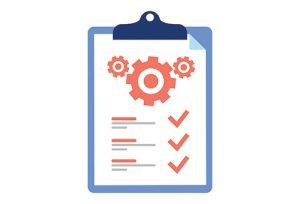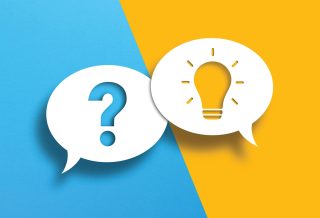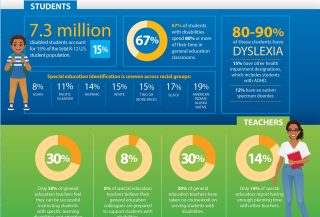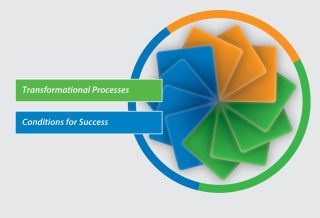CALL TO ACTION
Coaching is embedded in Standards for Professional Learning
By Tracy Crow
Categories: Coaching, Standards for Professional LearningApril 2022
As Learning Forward releases the revised Standards for Professional Learning this spring, coaches may be wondering, “Where are coaches in the standards, and how do standards impact us?” Coaching is embedded throughout all 11 standards, and coaches play a key role in implementing each of them.
To begin an exploration of the revised standards, here are two where coaching and coaches take center stage.
The implementation standard
The standard: Professional learning results in equitable and excellent outcomes for all students when educators understand and apply research on change management, engage in feedback processes, and implement and sustain professional learning.

Why it matters for coaches: Coaches are often a school or system’s chief implementation leaders for professional learning, with the collaboration of principals and central office leaders. They are responsible for supporting their colleagues in making sense of new knowledge and skills and moving new information into practice. The Implementation standard encapsulates the way that effective coaches understand and apply the principles of change and growth.
Coaches who embody the Implementation standard recognize that educators approach new learning and initiatives from different perspectives and with differing levels of readiness. They support each educator according to his or her individual needs, offering multiple avenues to practice and apply new strategies and skills, leading to meaningful and sustained implementation.
The learning designs standard
The standard: Professional learning results in equitable and excellent outcomes for all students when educators set relevant and contextualized learning goals, ground their work in research and theories about learning, and implement evidence-based learning designs.
Why it matters for coaches: To provide on-the-ground support for educators’ learning and growth, coaches must continually develop and share knowledge about evidence-based practices, emerging research, and how to use local data to inform improvement efforts. For example, effective coaches help educators understand the student data they’ve collected and use it to identify an area of focus for learning and improvement.
Using both the data and an understanding of learning theories, they help educators see how they might achieve their desired learning outcomes and help create a learning plan. When they embody the Learning Designs standard, coaches are well-positioned to serve as facilitators of various learning designs and support their colleagues in developing essential knowledge and skills.
Standards help coaches grow
In approaching their engagement with Standards for Professional Learning, among coaches’ most important responsibilities is prioritizing their own growth. To fulfill the roles described above, coaches are first and foremost learners, and they require the support and investment that every educator in the system deserves. An excellent first step is in-depth study of the revised Standards for Professional Learning.
TO LEARN MORE:
Learning Forward is releasing Action Guides for educators in a range of roles, including coaches, to specify their responsibilities and the actions they’ll take to bring standards to life in schools and systems. Learn more about each standard at standards.learningforward.org.

Tracy Crow served as chief strategy officer for Learning Forward.
Categories: Coaching, Standards for Professional Learning
Recent Issues
LEARNING DESIGNS
February 2025
How we learn influences what we learn. This issue shares essential...
BUILDING BRIDGES
December 2024
Students benefit when educators bridge the continuum of professional...
CURRICULUM-BASED PROFESSIONAL LEARNING
October 2024
High-quality curriculum requires skilled educators to put it into...
LEARNING TO PIVOT
August 2024
Sometimes new information and situations call for major change. This issue...












